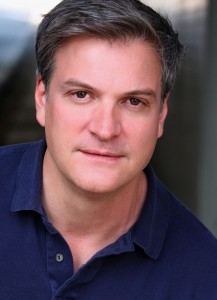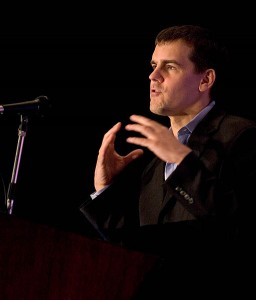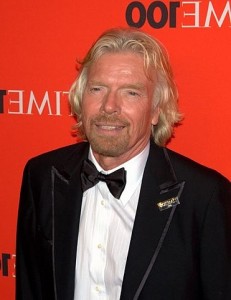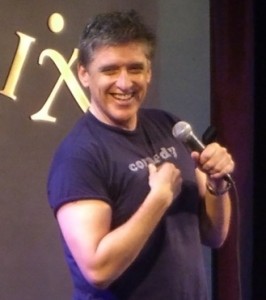 If you’re dyslexic, this is what you need to know about your self. And if you don’t live with dyslexia, here’s how you may be limited without it.
If you’re dyslexic, this is what you need to know about your self. And if you don’t live with dyslexia, here’s how you may be limited without it.
In “The Upside of Dyslexia,” an opinion piece recently published in the New York Times, writer Annie Murphy Paul outlines the ways that dyslexia confers advantages on workers, especially those related to the arts and sciences. She writes:
People with dyslexia possess distinctive perceptual abilities. For example, scientists have produced a growing body of evidence that people with the condition have sharper peripheral vision than others.
How does this work? Paul explains:
The brain separately processes information that streams from the central and the peripheral areas of the visual field. Moreover, these capacities appear to trade off: if you’re adept at focusing on details located in the center of the visual field, which is key to reading, you’re likely to be less proficient at recognizing features and patterns in the broad regions of the periphery.
The opposite is also the case. People with dyslexia, who have a bias in favor of the visual periphery, can rapidly take in a scene as a whole — what researchers call absorbing the “visual gist.”
If you’re dyslexic, yes, focused reading can be hard. Yet perceiving data on the periphery of your view comes naturally.
Indeed, whole research centers have been founded to study the positive attributes of dyslexia. Consider the recent creation of the Yale Center for Dyslexia and Creativity, as well as the Laboratory for Visual Learning within the Harvard-Smithsonian Center for Astrophysics.
So the evidence continues to add up: dyslexia is less of a disability, and more of a different style of taking in information. If you struggle with reading, knowing the current discoveries about dyslexia can help you find words to describe the strengths you possess along with your struggles.
And if you don’t experience what was once known as “word blindness,” you might seek the help of your dyslexic peers at work.
Especially if you’re striving to see the whole picture.
Image via





